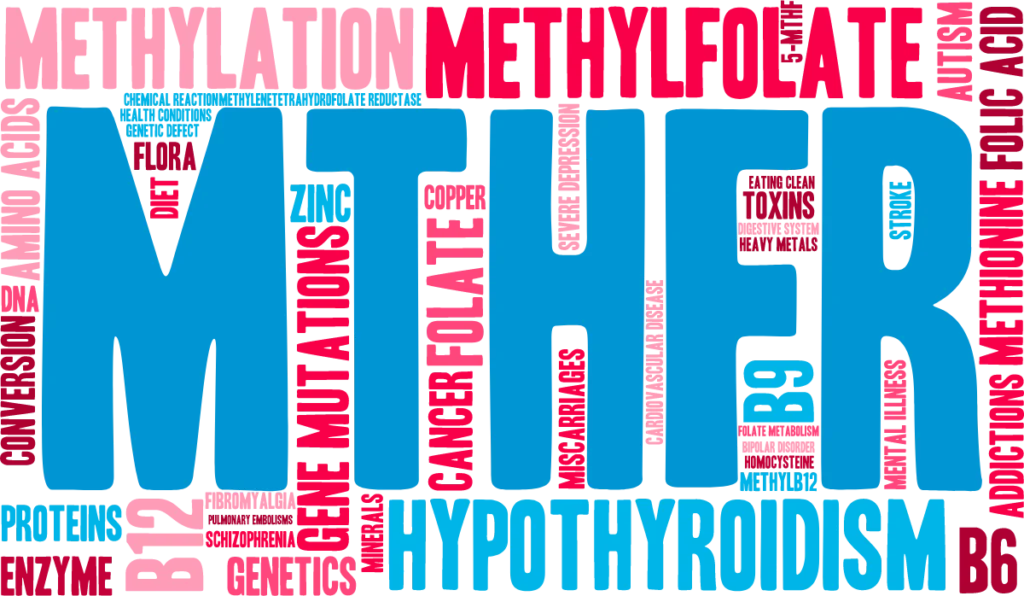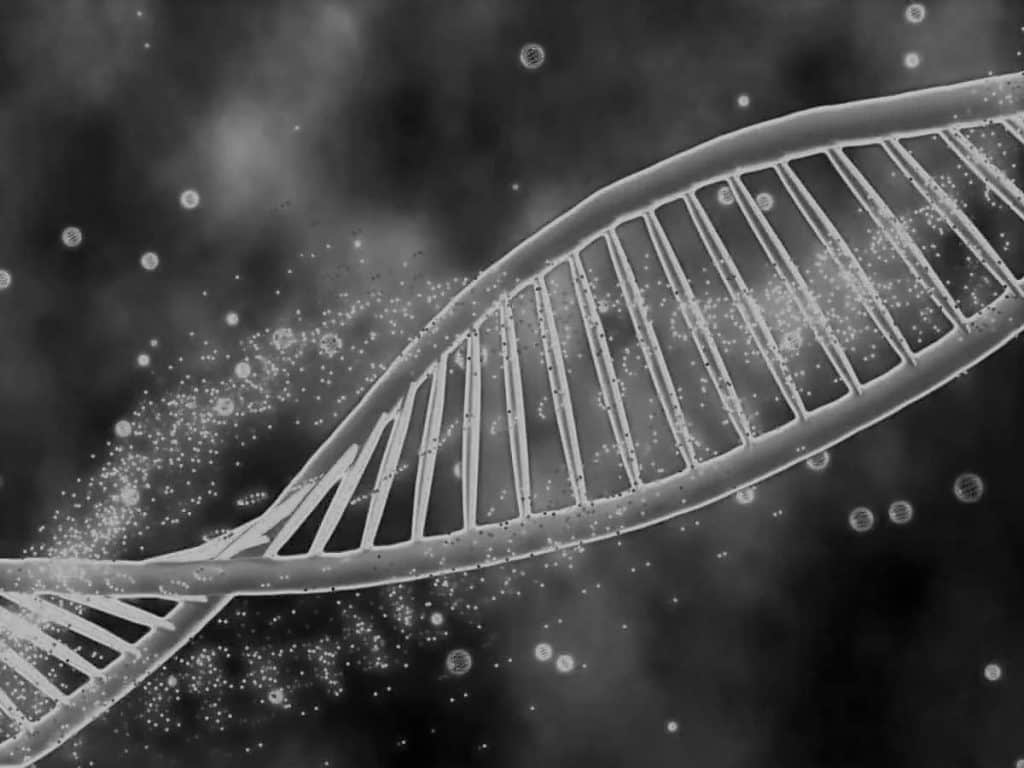MTHFR Testing In Miami

Methylation is a vital metabolic process that happens in every cell and every organ in your body, taking place a million times a second. Life would simply not exist without it. Think of billions of little on/off switches inside your body. These switches control everything from your stress response, how your body makes energy from food to your brain chemistry and the detoxification pathways. That’s methylation.
For those of you who like to understand the geeky ‘mechanics’ behind what happens in our body: Methylation is a biochemical reaction that involves the transfer of a methyl group onto amino acids, proteins, enzymes, and DNA. The addition of a methyl group onto these molecules facilitates biochemical reactions vital to critical functions in our body such as thinking, repairing DNA, turning on and off genes fighting infections, and detoxification, especially in the liver. It is also vital for the proper functioning of the hypothalamic-pituitary-adrenal (HPA) axis and critical for the synthesis of all neurotransmitters and histamine. For example, the enzyme that converts norepinephrine to epinephrine is dependent on methylation for activation. Those are just some of the many reasons for MTHFR testing.

Why Should I Be Concerned About Methylation
- Detoxification
- DNA Synthesis & Repair
- Cell Replication & Repair
- 400 + Enzymatic & Cellular Reactions
- Neurotransmitter Synthesis & Metabolism
- Hormone Regulation
- Telomere Integrity (life Length)
- Energy Production/metabolism
- Epigenetics – Gene Expression/regulation
Benefits of MTFHR Testing
Getting Started is Easy

Step 1
Mobile Lab Service

Step 2
Doctor Consultation

Step 3
Personalized Treatment Plan

